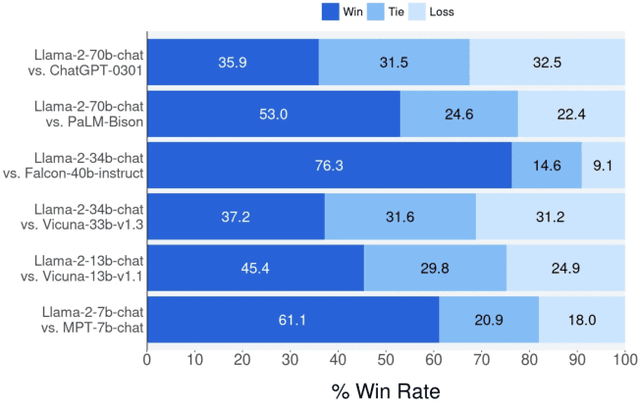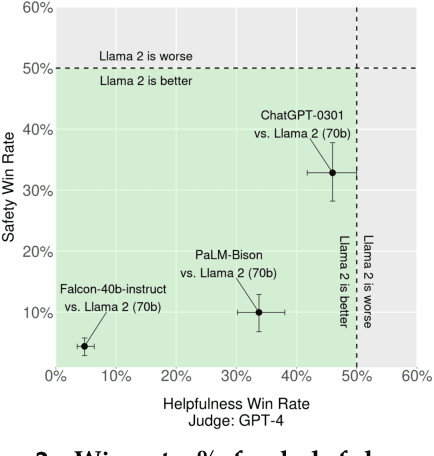Ranjan Subramanian
The Llama 4 Herd: Architecture, Training, Evaluation, and Deployment Notes
Jan 15, 2026Abstract:This document consolidates publicly reported technical details about Metas Llama 4 model family. It summarizes (i) released variants (Scout and Maverick) and the broader herd context including the previewed Behemoth teacher model, (ii) architectural characteristics beyond a high-level MoE description covering routed/shared-expert structure, early-fusion multimodality, and long-context design elements reported for Scout (iRoPE and length generalization strategies), (iii) training disclosures spanning pre-training, mid-training for long-context extension, and post-training methodology (lightweight SFT, online RL, and lightweight DPO) as described in release materials, (iv) developer-reported benchmark results for both base and instruction-tuned checkpoints, and (v) practical deployment constraints observed across major serving environments, including provider-specific context limits and quantization packaging. The manuscript also summarizes licensing obligations relevant to redistribution and derivative naming, and reviews publicly described safeguards and evaluation practices. The goal is to provide a compact technical reference for researchers and practitioners who need precise, source-backed facts about Llama 4.
Correlating and Predicting Human Evaluations of Language Models from Natural Language Processing Benchmarks
Feb 24, 2025Abstract:The explosion of high-performing conversational language models (LMs) has spurred a shift from classic natural language processing (NLP) benchmarks to expensive, time-consuming and noisy human evaluations - yet the relationship between these two evaluation strategies remains hazy. In this paper, we conduct a large-scale study of four Chat Llama 2 models, comparing their performance on 160 standard NLP benchmarks (e.g., MMLU, ARC, BIG-Bench Hard) against extensive human preferences on more than 11k single-turn and 2k multi-turn dialogues from over 2k human annotators. Our findings are striking: most NLP benchmarks strongly correlate with human evaluations, suggesting that cheaper, automated metrics can serve as surprisingly reliable predictors of human preferences. Three human evaluations, such as adversarial dishonesty and safety, are anticorrelated with NLP benchmarks, while two are uncorrelated. Moreover, through overparameterized linear regressions, we show that NLP scores can accurately predict human evaluations across different model scales, offering a path to reduce costly human annotation without sacrificing rigor. Overall, our results affirm the continued value of classic benchmarks and illuminate how to harness them to anticipate real-world user satisfaction - pointing to how NLP benchmarks can be leveraged to meet evaluation needs of our new era of conversational AI.
Llama 2: Open Foundation and Fine-Tuned Chat Models
Jul 19, 2023



Abstract:In this work, we develop and release Llama 2, a collection of pretrained and fine-tuned large language models (LLMs) ranging in scale from 7 billion to 70 billion parameters. Our fine-tuned LLMs, called Llama 2-Chat, are optimized for dialogue use cases. Our models outperform open-source chat models on most benchmarks we tested, and based on our human evaluations for helpfulness and safety, may be a suitable substitute for closed-source models. We provide a detailed description of our approach to fine-tuning and safety improvements of Llama 2-Chat in order to enable the community to build on our work and contribute to the responsible development of LLMs.
 Add to Chrome
Add to Chrome Add to Firefox
Add to Firefox Add to Edge
Add to Edge